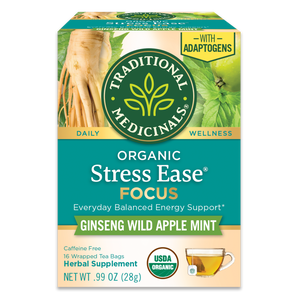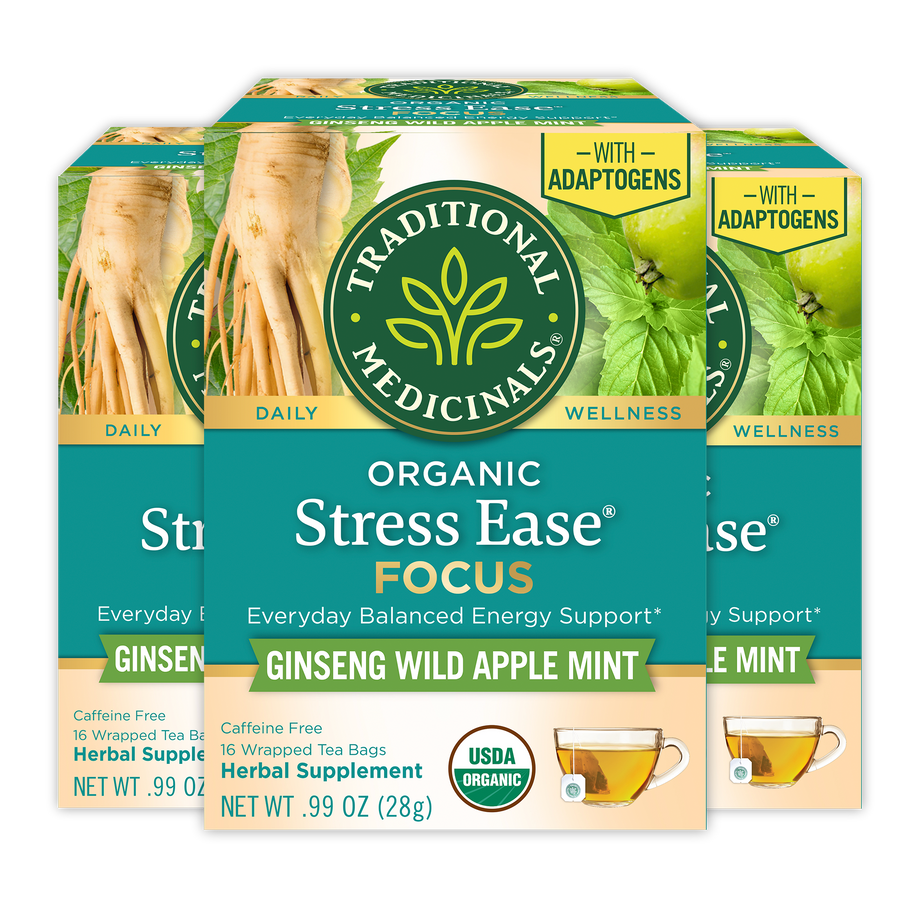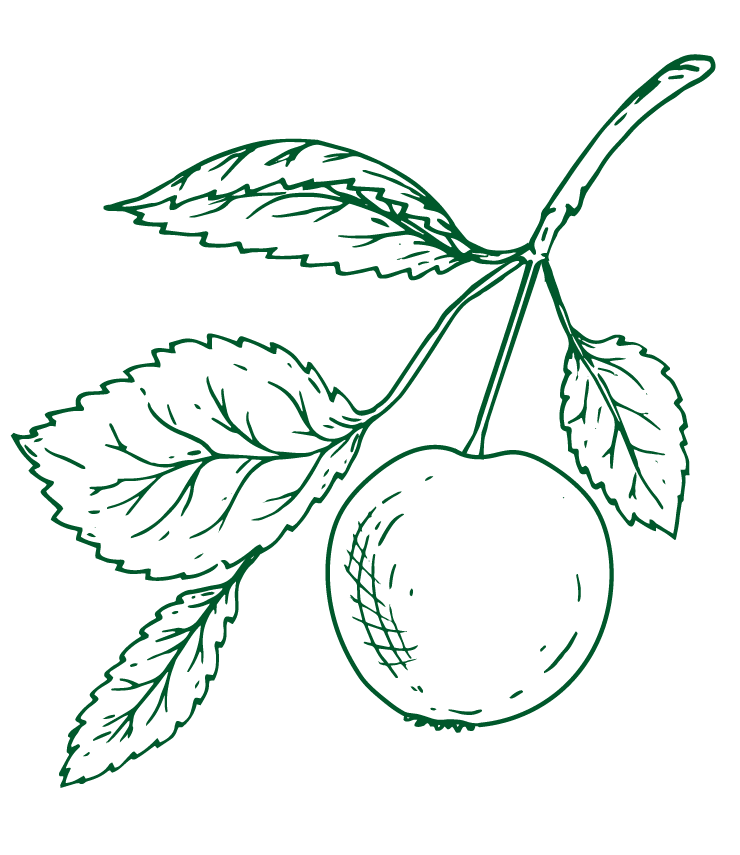
More Wild Apple info
Crab apples, called "maíllas" in Spanish, were often used to make cider and liqueurs.
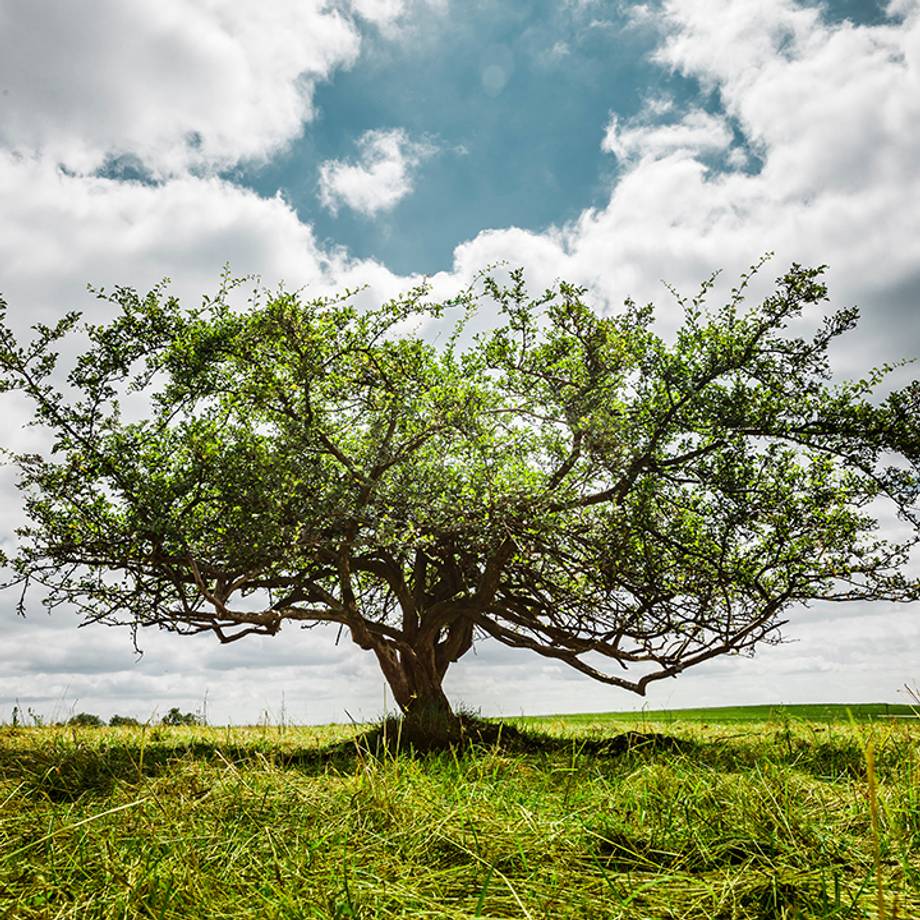
Malus sylvestris is the only indigenous wild apple species in Middle Europe. Wild apples have been used since ancient times, primarily for their tart, refreshing taste in culinary applications and also for their herbal medicine. Rich in antioxidants and fiber, this plant is used in herbalism to support digestion.*
While you mostly see apple foods, the wild apple fruits can be decocted and sipped as tea to comfort seasonal colds. In some European countries, it’s even thought to soothe the body during a fever.* In present-day commerce, wild apples are extracted as a source of antioxidants to support the skin and oral health.*
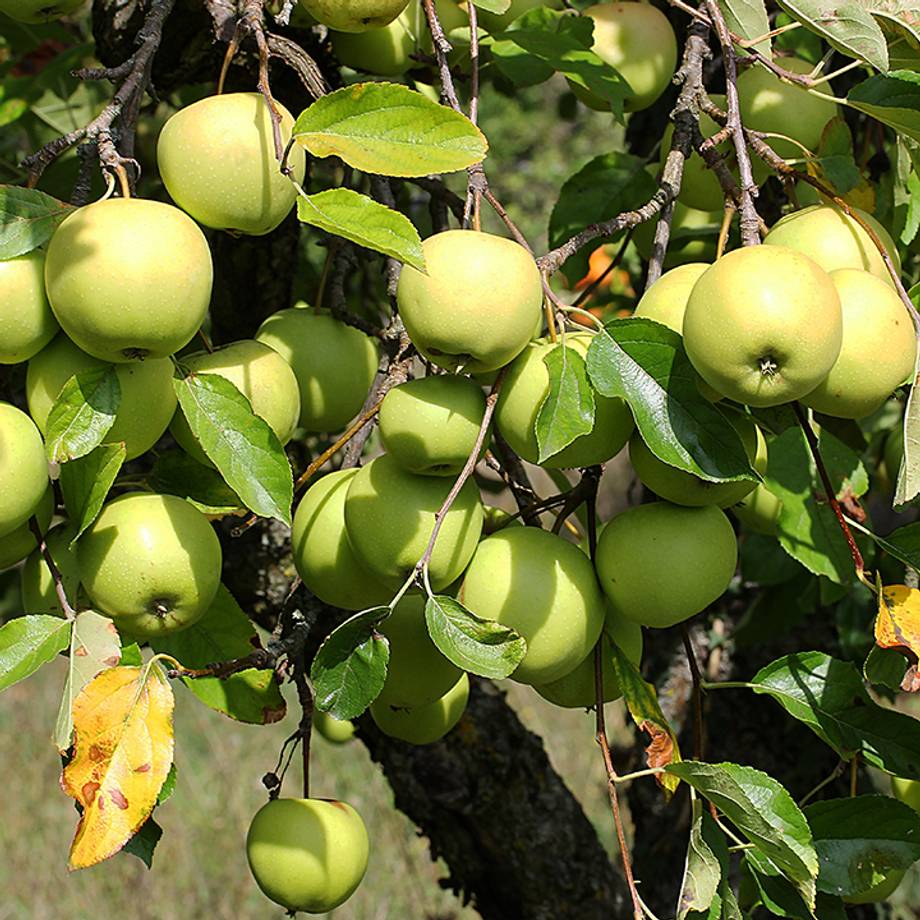
Tart, wild apples have a unique taste and rich history in traditional foods. They’re used across Europe to make tea, cider, vinegar, preserves, and baked goods. You can also find them infused into alcoholic beverages, like cider and liqueurs, by macerating the apples in liquor for several months.
This ancient plant is also cherished in Europe for soothing respiratory issues and the common cold. In the Balkans, the tradition is to infuse the fruits into vinegar for their medicinal properties, while in Bosnia, the method is to simmer the fruits and flowers into a decoction for sipping and easing seasonal colds.*
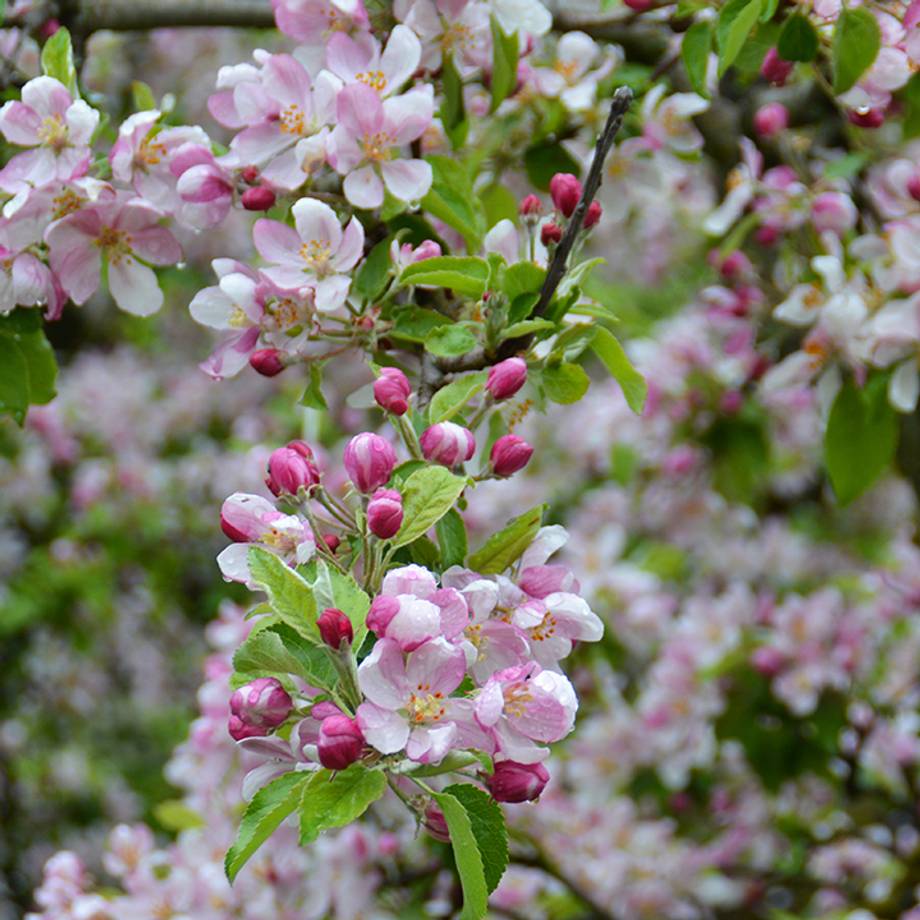
The wild apple belongs to the Rosaceae family, a medium-sized family of flowering plants that also includes roses. It’s a deciduous tree that can grow up to 46 feet tall and live for 80-100 years. It grows widely throughout Europe, from South Scandinavia to the Iberian Peninsula, and Eastern Europe, in addition to Central and Western Asia.
Wild apples thrive in woods, scrub, and hedges and favor sparse forests or forest edges due to their light requirements. Despite its adaptability, it remains a rare species and is sometimes considered endangered, as its distribution pattern is generally as a single plant or in small groups. It’s primarily dispersed through mammals, which eat the fruit and disperse the seeds, and with a lack of suitable habitats, it has become more challenging for the plant to regenerate and thrive. With the environment and sustainability in mind, we selectively source our wild apple from FairWild® and organic certified sources.
Products that contain Wild Apple
Additional Information
Legal Disclaimer
The information and other content in this article are designed to provide a general overview of the botany, cultural history, and traditional uses of this herb. It is not intended and should not be construed as health advice. Every person is unique and you should consult with your health care provider before using any herbal product or supplement.
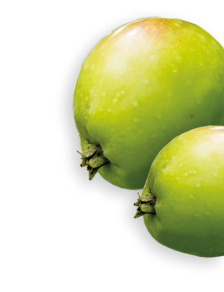
Become an Herb Nerd & Get 10% Off!
Herbal tidbits, DIY plant projects, exclusive discounts, and recipes to follow the seasons delivered straight to your inbox.

